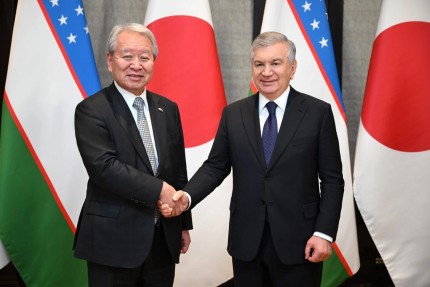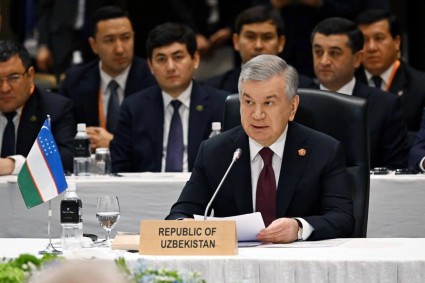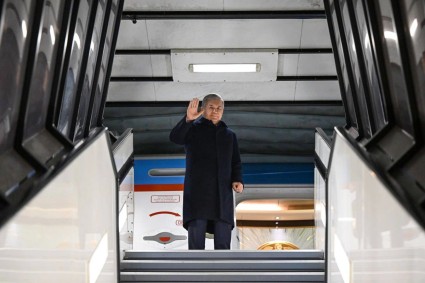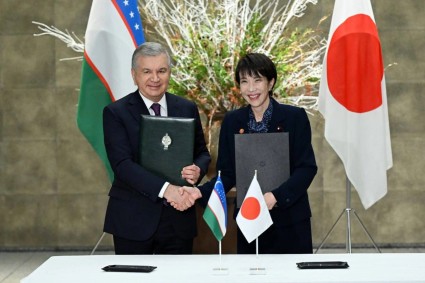One of the major programs of the European Union in Uzbekistan - the Border Management Assistance Program in Central Asia (BOMCA) and the Central Asia Drug Prevention Program (CADAP) - celebrated their 20th anniversary.
The BOMCA was launched in 2003 to support the EU-Central Asia dialogue on border security and promote cooperation between the five countries of the region for more effective border management.
During this time, BOMCA supported national agencies involved in the border process and strengthened the skills of border, customs and veterinary authorities, bringing effective practices from the experience of EU member states.
“Over 20 years of existence, BOMCA has undergone a transformation, shifting its focus to border management, trade facilitation, migration management and collaborative efforts in border areas. As part of the current 10th phase, BOMCA has begun to work closely with border communities to improve the living conditions of local people, empower women and pay special attention to migrants with the involvement of civil society,” said BOMCA 10 coordinator Guntis Pujats.
The Central Asia Counter-Drug Program has systematically invested in the development of counter-drug policy in Central Asia over the past 20 years.
The exchange of experience and the introduction of international standards into the work of national partners has strengthened the potential not only in the field of drug policy, but also in collecting and analyzing data, preventing drug use and treating drug addicts, representatives of the program noted.
CADAP also supported the creation of regional alliances and networks of Central Asian professionals and strengthened their cooperation with relevant EU agencies.
“BOMCA and CADAP are not only the region's flagship programs, but also some of the longest-running programs in the region that we deliver globally. These two EU initiatives represent a commitment to regional development and security, and as a donor we are closely following this process,” stressed EU Ambassador to Uzbekistan Charlotte Adrian.
The Ambassador noted that the importance of both programs today is increasing due to the new geopolitical challenges faced by both Europe and the countries of Central Asia. We are talking about both the situation in the countries of neighboring regions and in Afghanistan.
“[By implementing both of these programs,] we also pay attention to the importance of other elements - we focus on the importance of trade, sustainable development, ensuring stable supply chains and logistics for the transport of raw materials,” added Charlotte Adrian.













